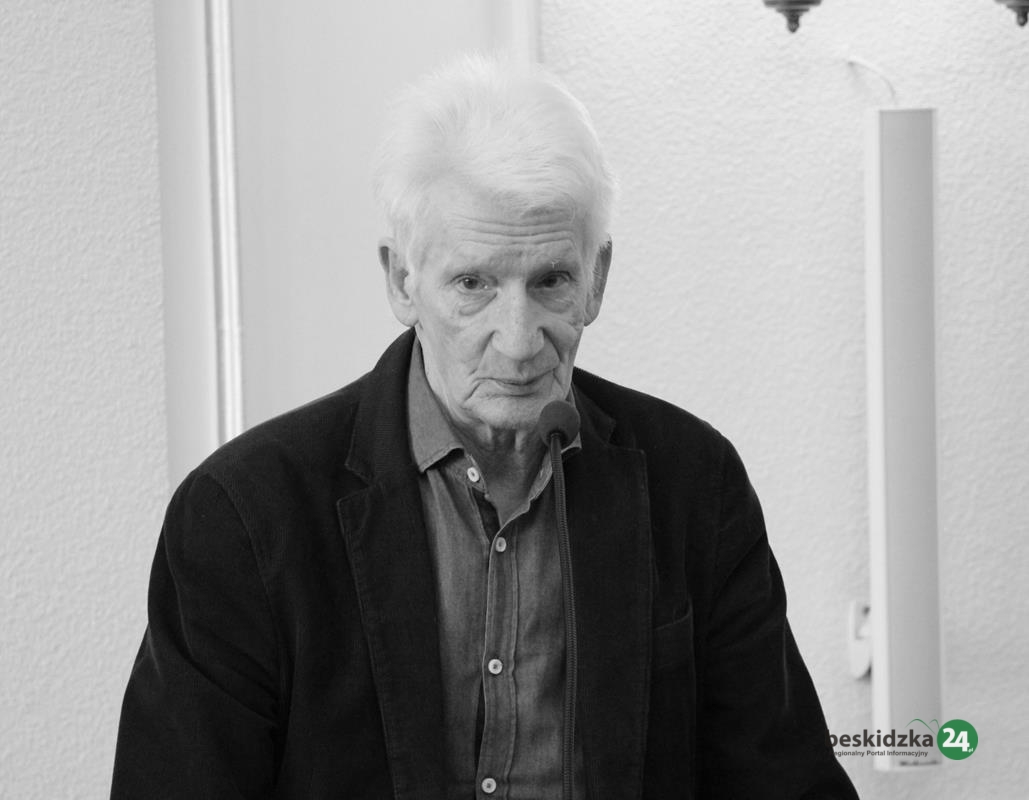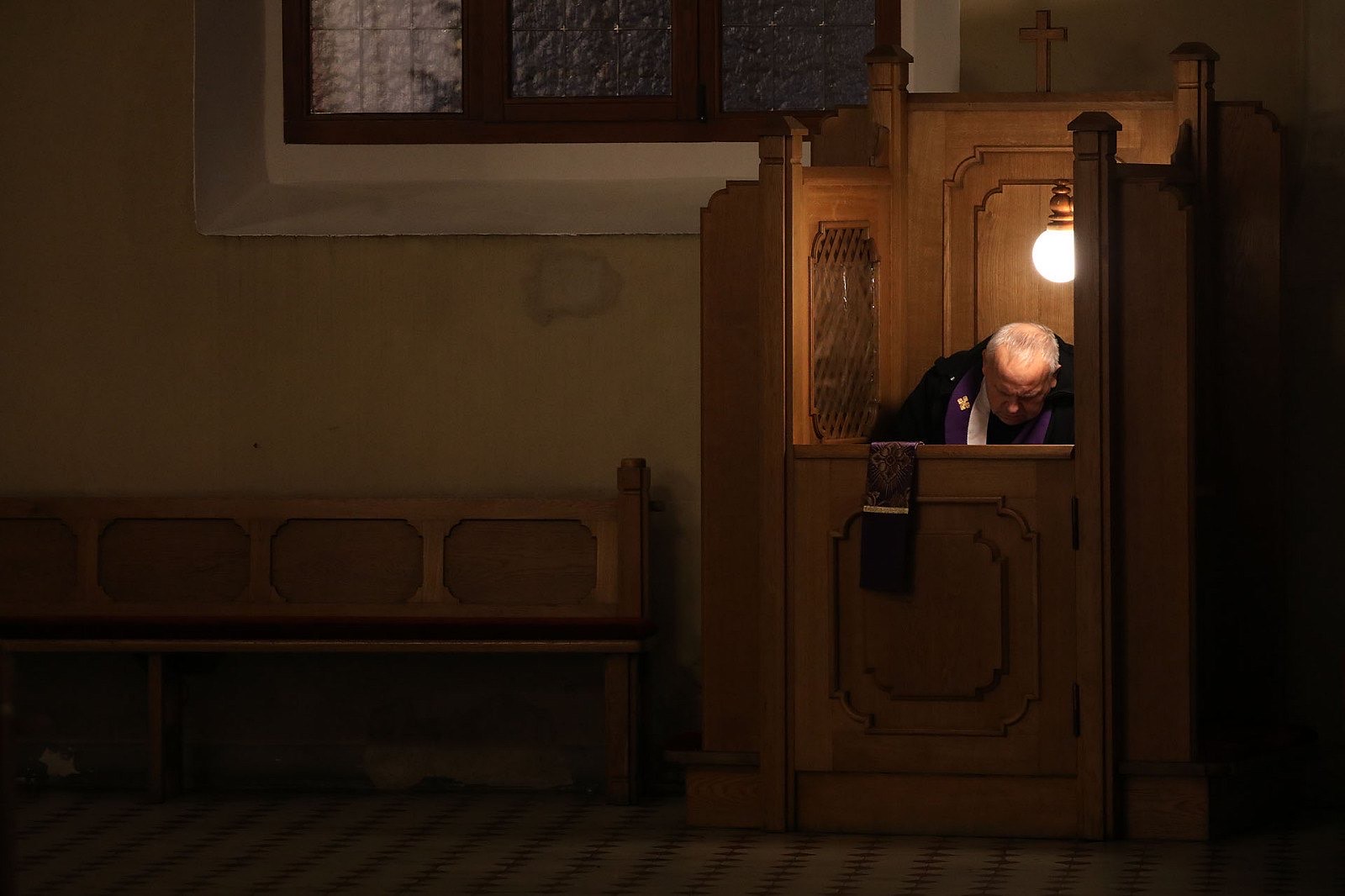 Some experts accuse confessors of a deficiency of sensitivity to different levels of emotional improvement of children. Source: Flickr.com. licence – Attribution 2.0 Generic Deed. Written by Mirek Krajewski, FNS
Some experts accuse confessors of a deficiency of sensitivity to different levels of emotional improvement of children. Source: Flickr.com. licence – Attribution 2.0 Generic Deed. Written by Mirek Krajewski, FNSPetition on the prohibition of juvenile confession raises large emotions, becoming the subject of heated social and political discussions. Supporters of the introduction of regulations indicate violations of children's individual freedom, intellectual consequences and force of parents, which imposes participation in the sacraments. On the another hand, defenders of spiritual traditions emphasize the importance of confession as a foundation for the improvement of young people. Can a controversial proposal change the face of Polish Catholicism?
The petition, which went to the Sejm in December 2024, sparked a number of controversy. Its author – Rafał Bethlehemski – argues that children, especially those of early school age, are incapable to make full informed decisions about participation in the Sacrament of Penance. In addition, the force of parents and their spiritual environment frequently imposes this work on them. The task responds to erstwhile attempts to amend the rules on this issue and a increasing number of voices criticizing the practice of individual confession of sins.
According to the petitioner, confession at an early age can be a origin of trauma. In a conversation with ,WP Female’, children’s scientist Anna Zalevska said: “Children do not full realize the concept of sin, and talking about it in confession can origin unnecessary guilt or fear.” Zalewski besides stressed that parents seldom consult with their children about their participation in the sacraments, which can origin a feeling of deficiency of autonomy.
A ban on the confession of minors could completely alter the nature of preparations for the First Holy Communion. Today, individual confession of sins is simply a prerequisite for joining the Eucharist. Archbishop Adrian Galbas in his interview with “Wprost” described the petition's demands as “curiosal”. "Should we deprive children of the anticipation of spiritual development? This is an attack on our tradition and spiritual freedom," the hierarch argued. In the opinion of the Church, the sacraments are the foundation of spiritual formation, which cannot be put aside for a later age. Adversaries of the ban besides claim that regulation could hit the essence of religion as a educational space. They point out that preparing for the First Communion is not only a spiritual rite, but besides an chance to build a household and local community. "This is the introduction of laicization through the back door," Fr Marek Wysocki stated in the podcast "I think, so I uncertainty it".
Divided experts
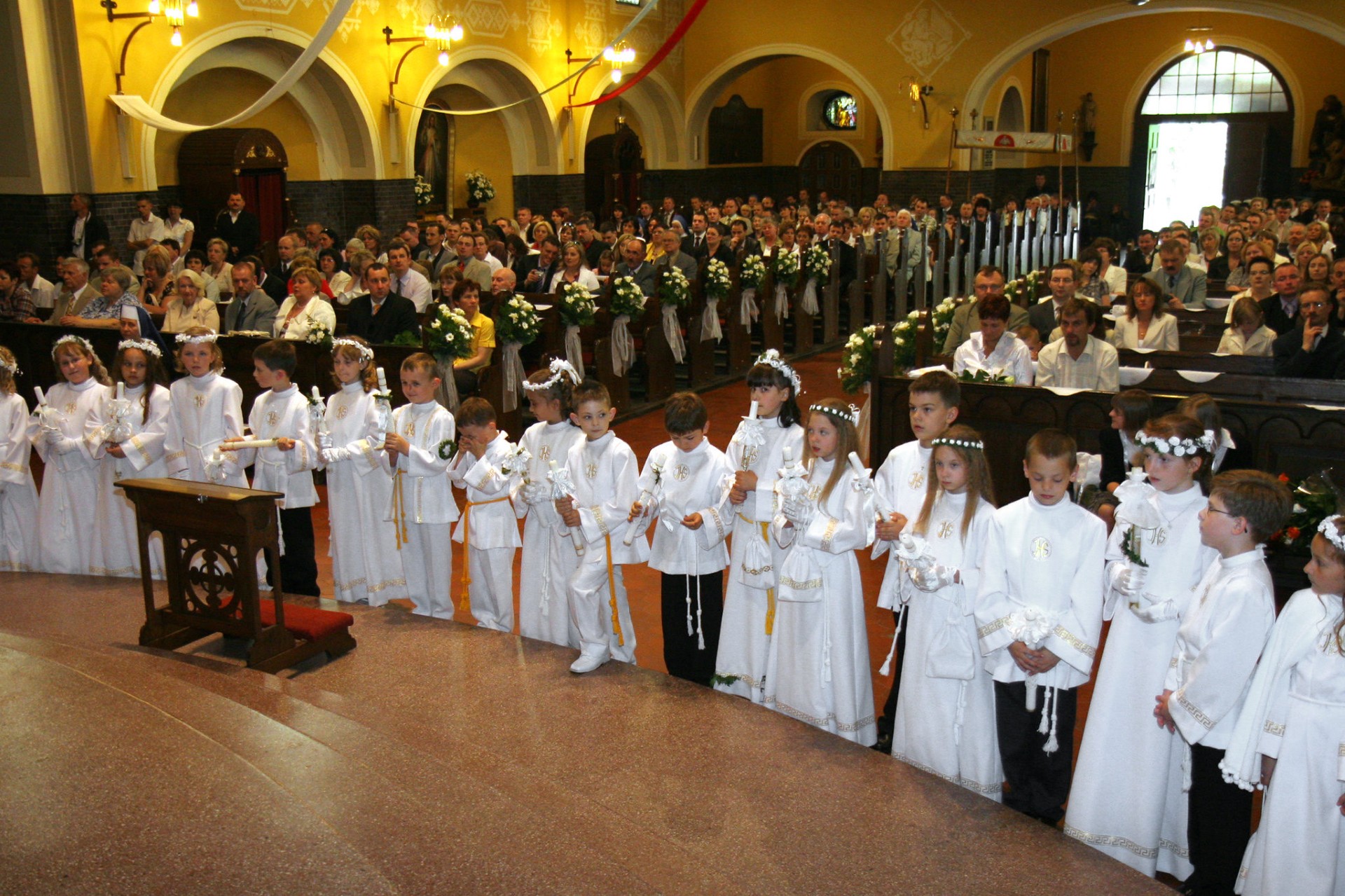 There is much controversy about the free choice of children in spiritual practices. Source: Flickr.com. licence – Attribution-NonCommercial-NoDerivs 2.0 Generic. Author – antoni.katowice
There is much controversy about the free choice of children in spiritual practices. Source: Flickr.com. licence – Attribution-NonCommercial-NoDerivs 2.0 Generic. Author – antoni.katowiceAlthough many psychologists point to possible dangers associated with the confession of minors, any experts emphasize that practice itself can besides have affirmative effects. Psychotherapist Michał Kowalski, quoted by Infor.pl portal, pointed out that early introduction of children into a strategy of values based on reflection and work on themselves could be a valuable educational tool. "It is not about children being blamed but about learning introspection and work for their actions," Kowalski emphasized. At the same time, another experts point to the request to change the expression of confession. As Dr. Katarzyna Nowicka pointed out in a conversation with ,WP Female’, the sacrament of penance for children should take place in a more accessible form, for example as part of group spiritual workshops, which alternatively of building fear, would support emotional development.
Petition besides provokes legal questions. Do you have the right to interfere in spiritual practices? Counselor Joanna Nowak, a specialist in spiritual law, stated in an interview with “Wprost” that specified regulations may violate the constitutional right to spiritual freedom. “On the 1 hand, the child’s welfare must be protected, but on the another hand the parents’ rights to rise children according to their own beliefs cannot be ignored,” argued Nowak. Proponents of change stress that the state has a work to defend children from possible abuses, including in the context of spiritual practices. In consequence to these allegations, ecclesiastical organizations proposed to introduce peculiar training for confessors to aid them better realize the needs of children and young people.
The discussion about the petition highlights a deeper problem: who should decide about spiritual upbringing of children? In conventional Polish families sacraments are frequently regarded as an obligation, not a choice. As a result, many children undergo practices they do not understand. Experts point out that parents seldom ask their children how they feel about specified matters. According to sociologist Anna Malinowska in a conversation with “Wprost”, in Poland there is inactive a dominant belief that religion is simply a part of education, not a individual decision – “This leads to conflicts in families, especially during puberty, erstwhile young people begin to question the standards imposed on them”.
The petition on the prohibition of juvenile confession went to the Sejm committee, which is obliged to carry out its analysis and decide on further proceedings. Deputy Prime Minister Władysław Kosiniak-Kamysz in his interview with “Wprost” pointed out that although he understood the request to defend children's rights, he feared that interference in spiritual issues could lead to unnecessary social conflicts. "We request a debate based on dialog and not on common accusations," he stressed. The Commission has until the end of February 2025 to prepare a study and submit recommendations. The Sejm will then decide whether the draft will go to the vote. In the face of specified different positions, the decision of the legislators will not only have a legal but besides symbolic character, since 1 of the main electoral slogans of the current ruling coalition was the actual separation of the Church from the state.
MAZIOPA OIL

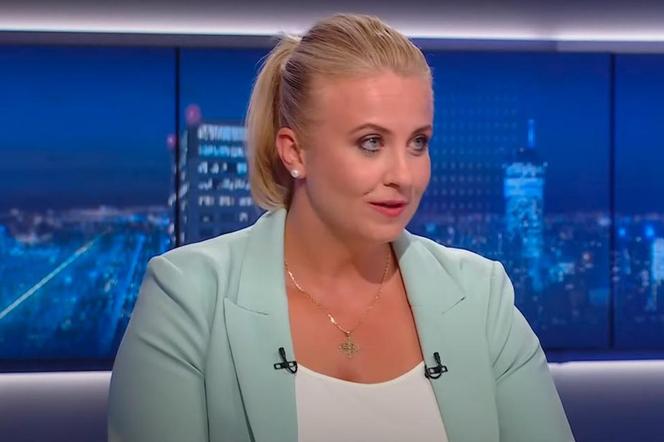
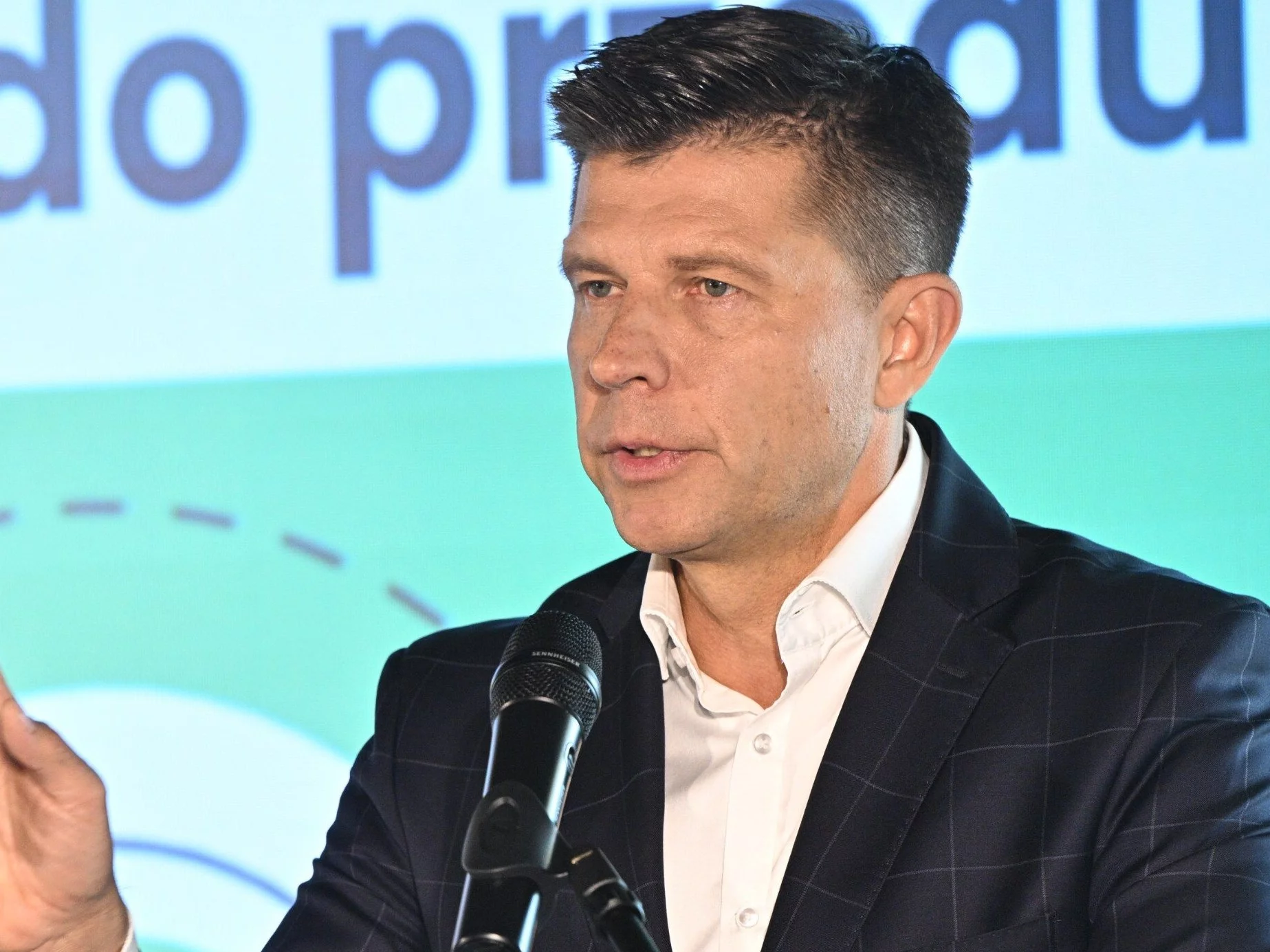

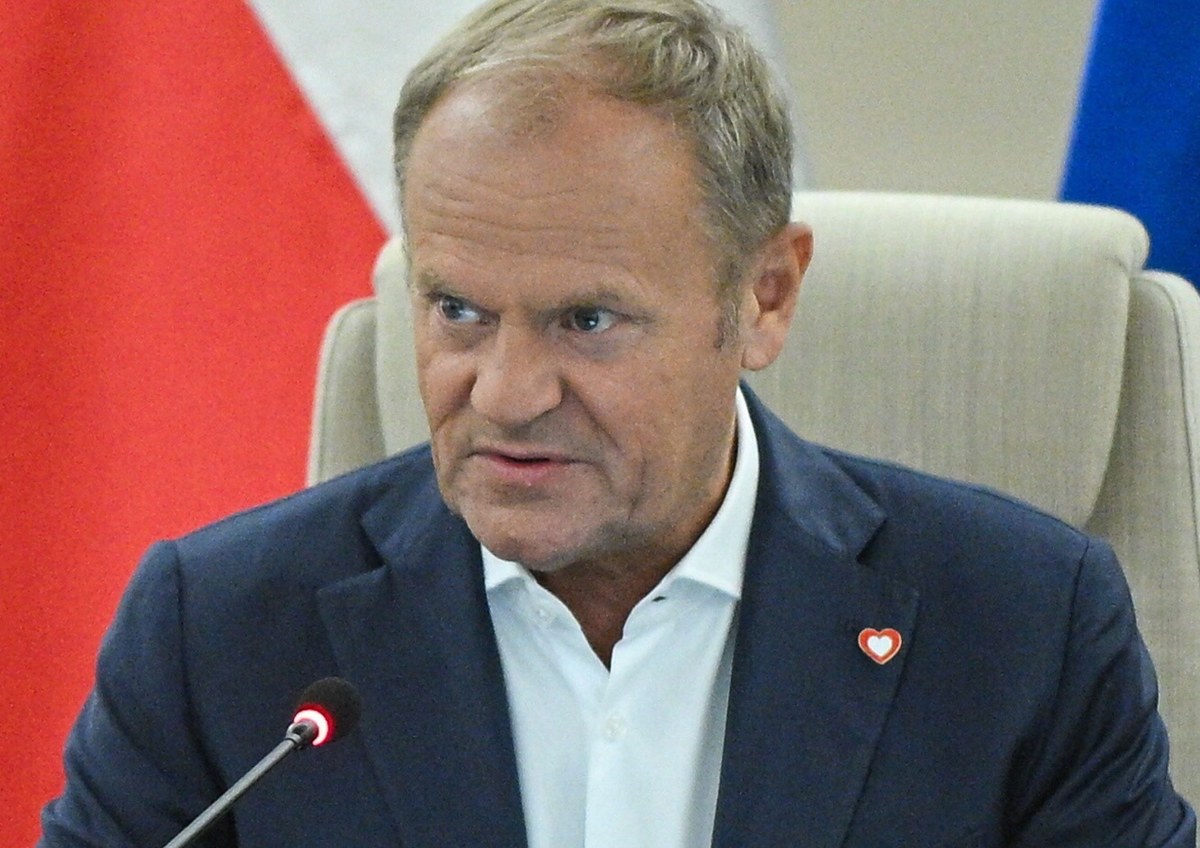
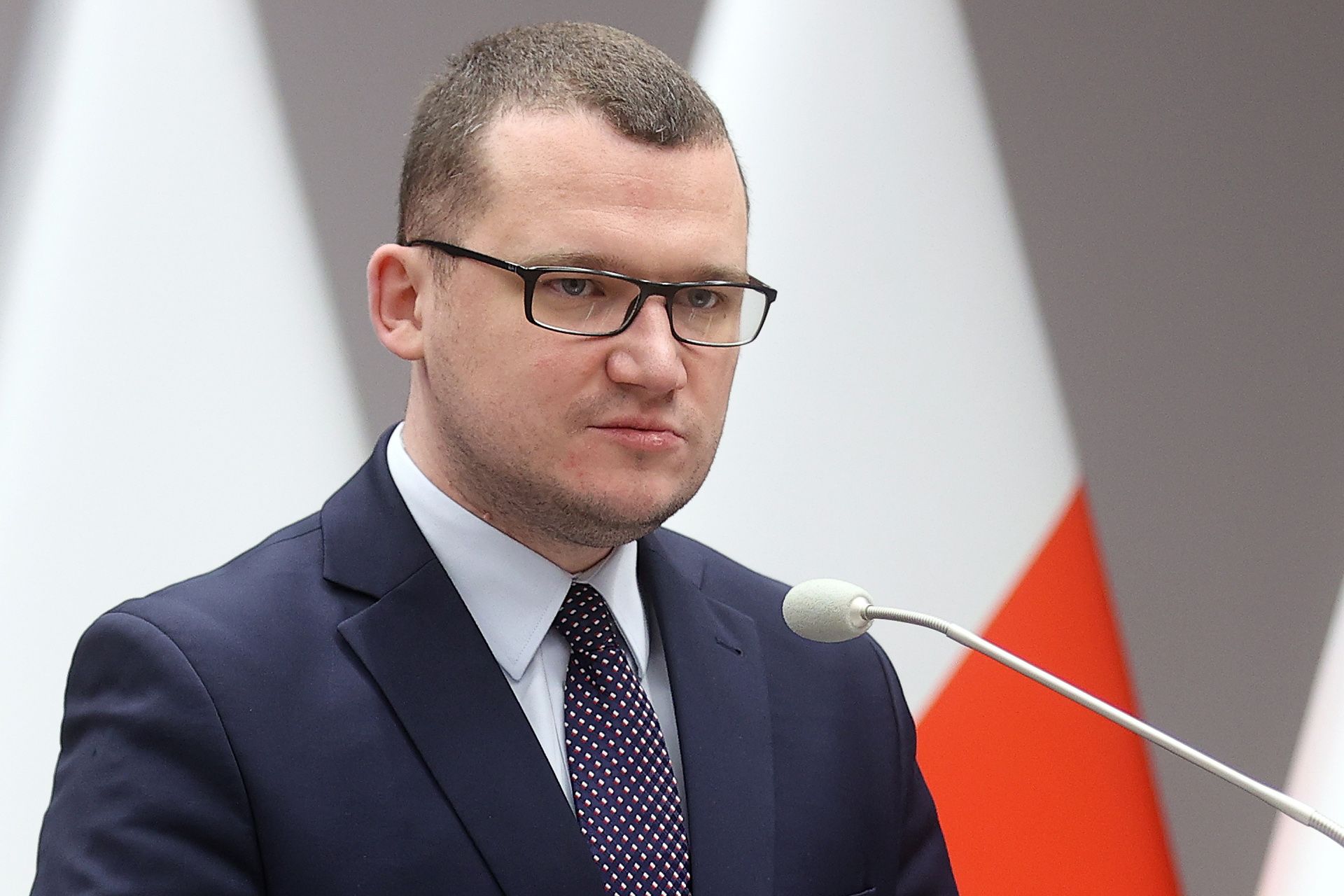

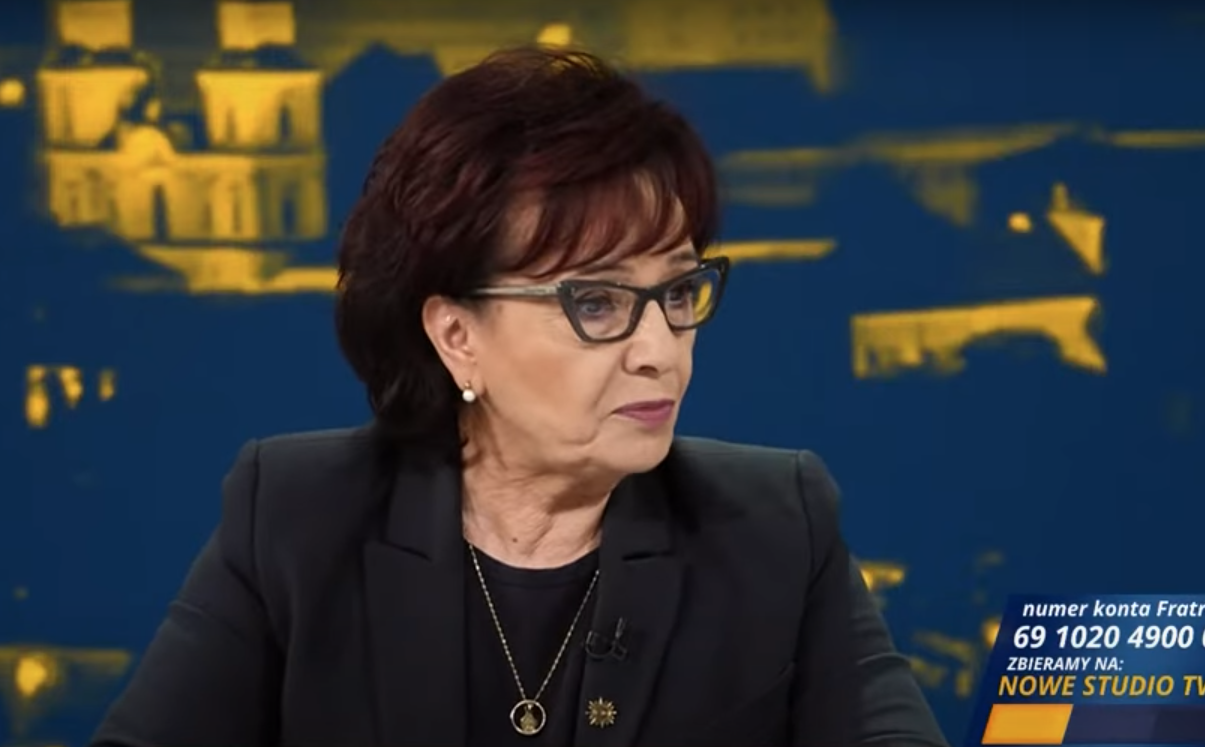

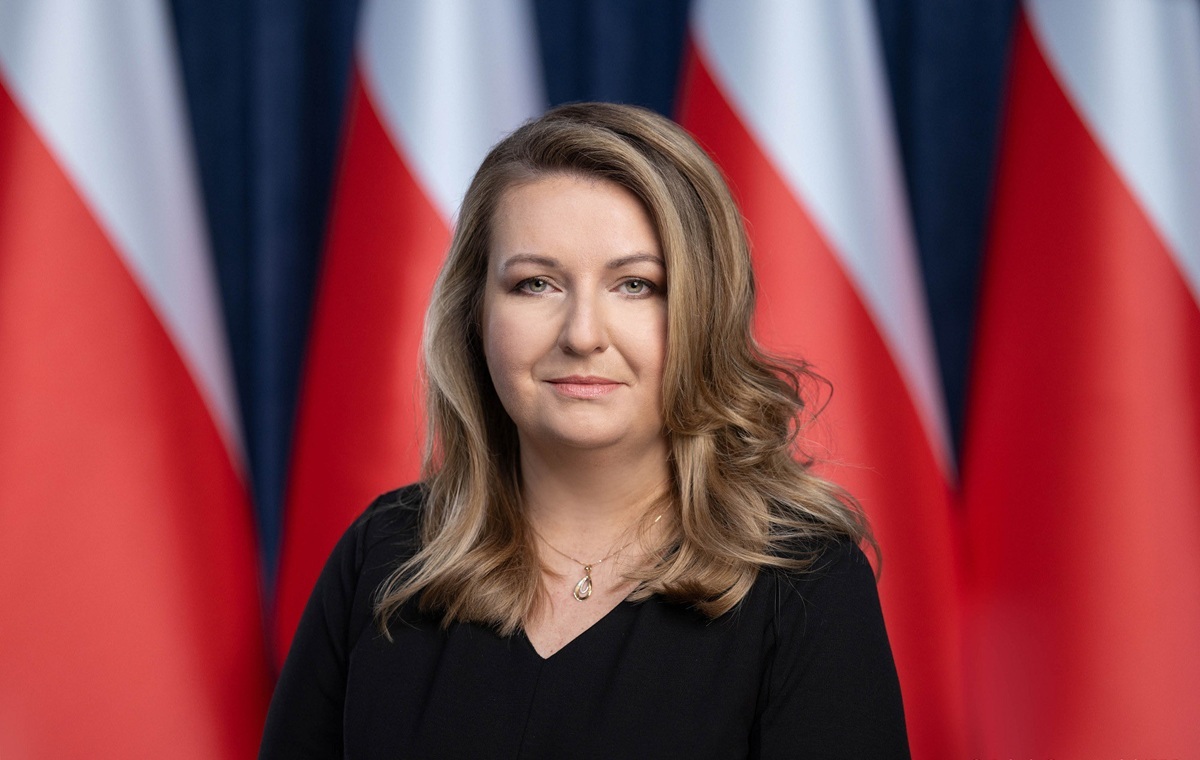


![Odeszli w ostatnim czasie. Pogrzeby w Piotrkowie [NEKROLOGI]](https://storage.googleapis.com/patrykslezak-pbem/trybunalski/articles/image/c15e432a-afa8-461a-aadb-908c5b8305cf)





